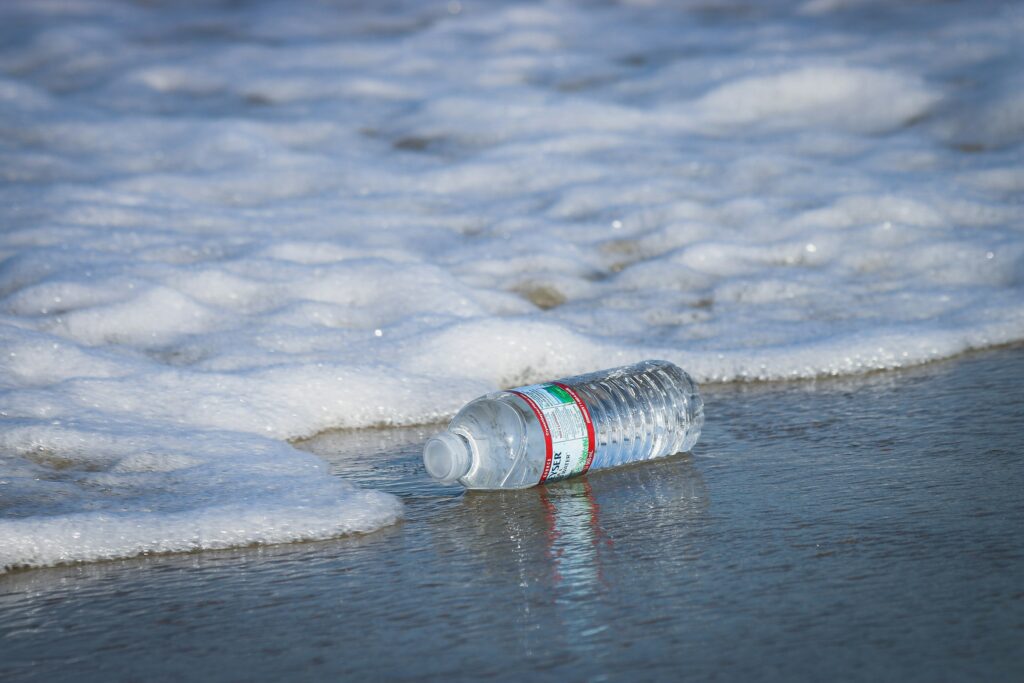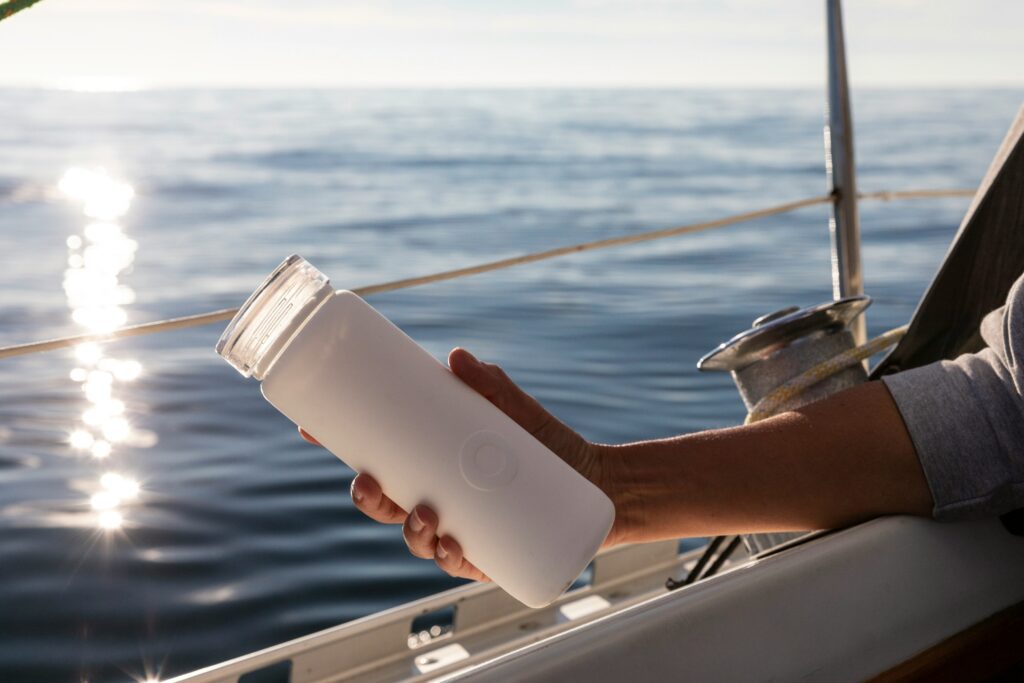Water is a fundamental part of our daily lives, but with so many options available – tap, bottled, filtered, alkaline etc – it’s easy to wonder if the type of water you drink really makes a difference. Is water just water? Or should we be more mindful of our water sources?
Types of water
Tap water
For most people in the Western world, tap water is the easiest and most accessible option. It’s treated, regulated and around 1 in 10 people in England have fluoride added to their drinking water for dental health too. It can vary in flavour depending on your location, for example, in areas with hard water, the water has a distinctly different flavour to areas of soft water.
Bottled water
Most bottled water comes from either mineral or spring sources, ensuring it originates from safe, protected locations. Brands like Perrier and San Pellegrino highlight the benefits of their natural minerals, while Smartwater promotes its vapour-distillation process for purity, and Fiji Water is known for its unique taste from an aquifer in Fiji.
However, bottled water’s convenience comes at an environmental cost, as it significantly contributes to single-use plastic pollution, making it a less sustainable option.


Alkaline water
Alkaline water has a higher pH level than regular tap water, which some claim can neutralise acid in your bloodstream, improve hydration and even slow ageing. However, while the pH of water can affect its taste and its interaction with your body, the benefits of alkaline water remain inconclusive.
Distilled water
Distilled water is the purest form, free of all minerals and contaminants. However, its lack of minerals can make it taste flat, and for everyday drinking, it’s not necessary unless you’re in a specific health situation that requires it.


Which water is healthier?
Despite the marketing claims, most health experts agree that for the average person, the type of water you drink doesn’t make a significant difference to your health. Tap, bottled and filtered waters all hydrate your body effectively. There’s insufficient evidence to suggest that alkaline or distilled water provides additional health benefits beyond regular hydration.
However, if your tap water contains contaminants, or if you prefer the taste of a particular type of water, it might make sense to choose filtered or bottled water. Just remember, the key factor is to drink enough water each day, no matter the type.
Does pH matter?
pH is a measure of how acidic or alkaline a substance is, on a scale from 0 (very acidic) to 14 (very alkaline), with 7 being neutral. Regular tap water typically has a neutral pH of around 7, though this can vary slightly depending on where you live.
Alkaline water, which has a pH between 8 and 9, is often marketed as having extra health benefits, from better hydration to balancing your body’s acidity levels. But for the average person, pH isn’t something to obsess over as the human body regulates it naturally. Staying hydrated is far more important than focusing on whether your water is slightly more acidic or alkaline.


Final thoughts
In the grand scheme of things, the type of water you drink is a matter of personal choice. While there are differences in taste, cost and environmental impact, more research is needed to better understand whether one type of water is significantly better for your health than another. The most important thing? Stay hydrated, whichever type of water works best for you.




